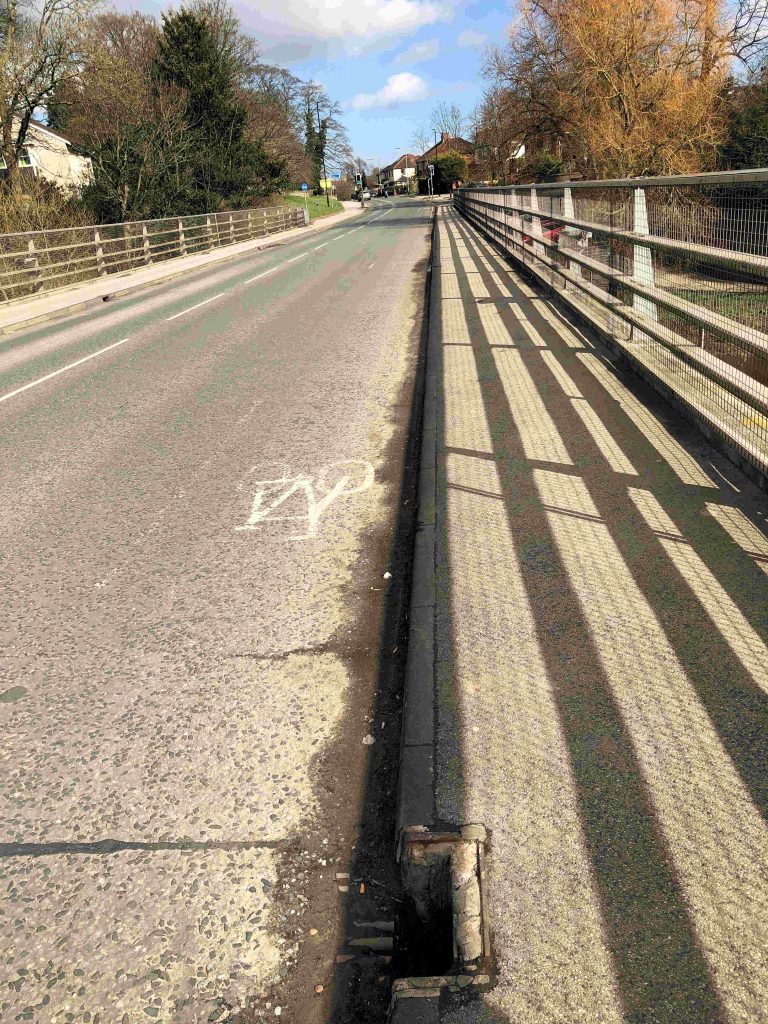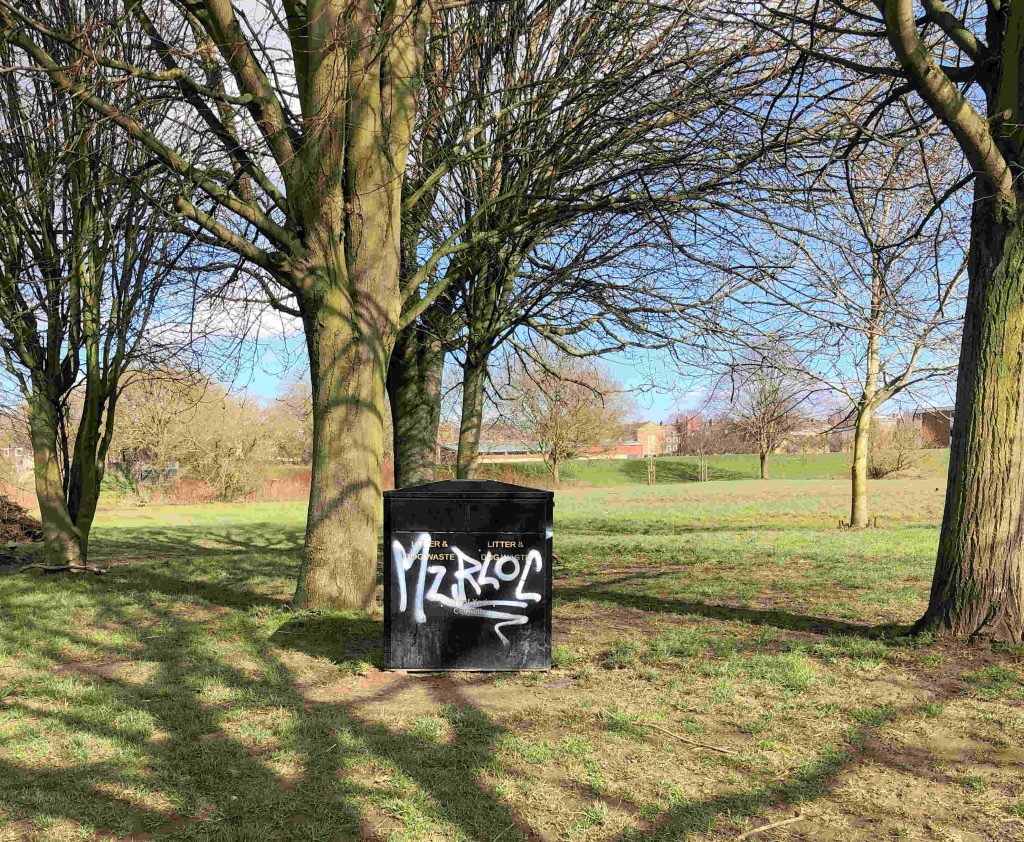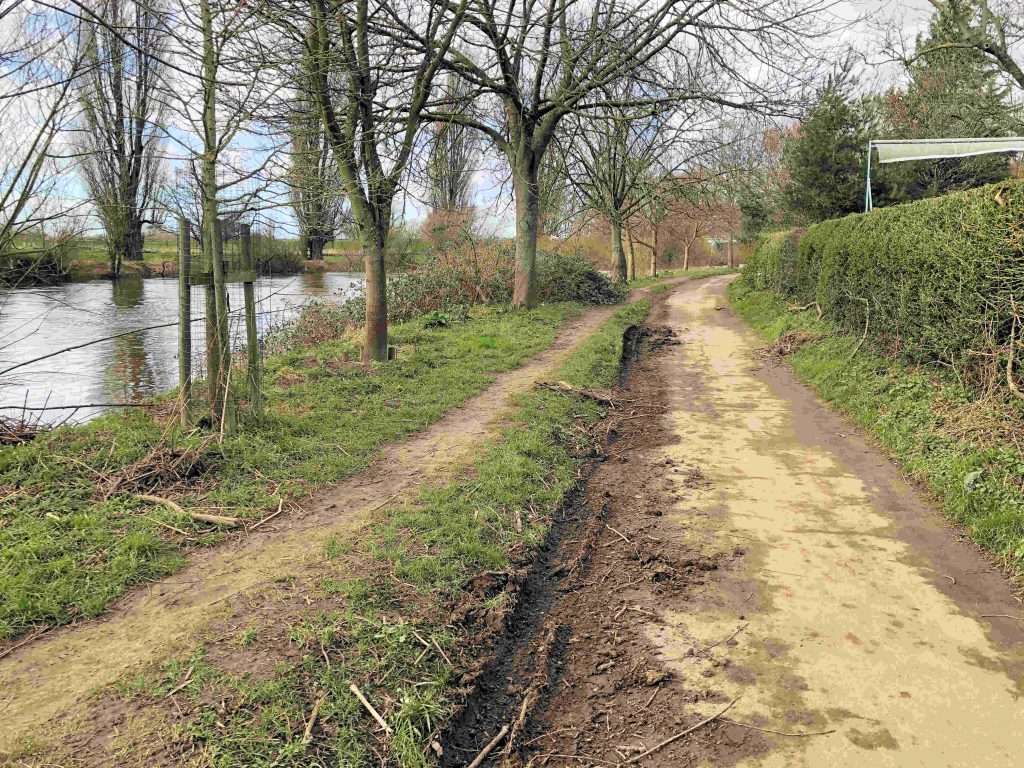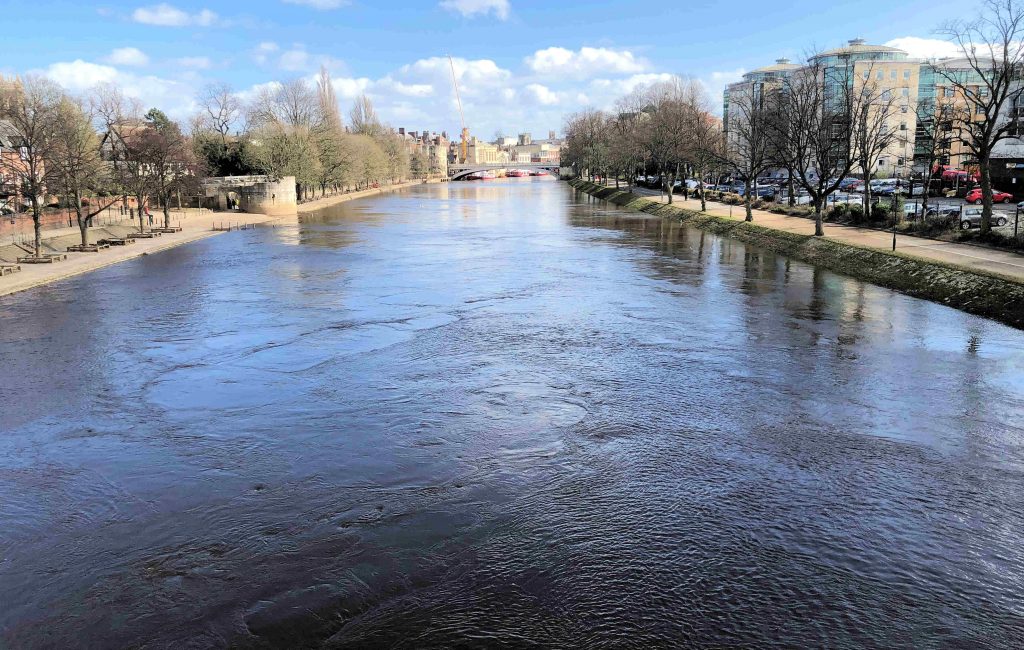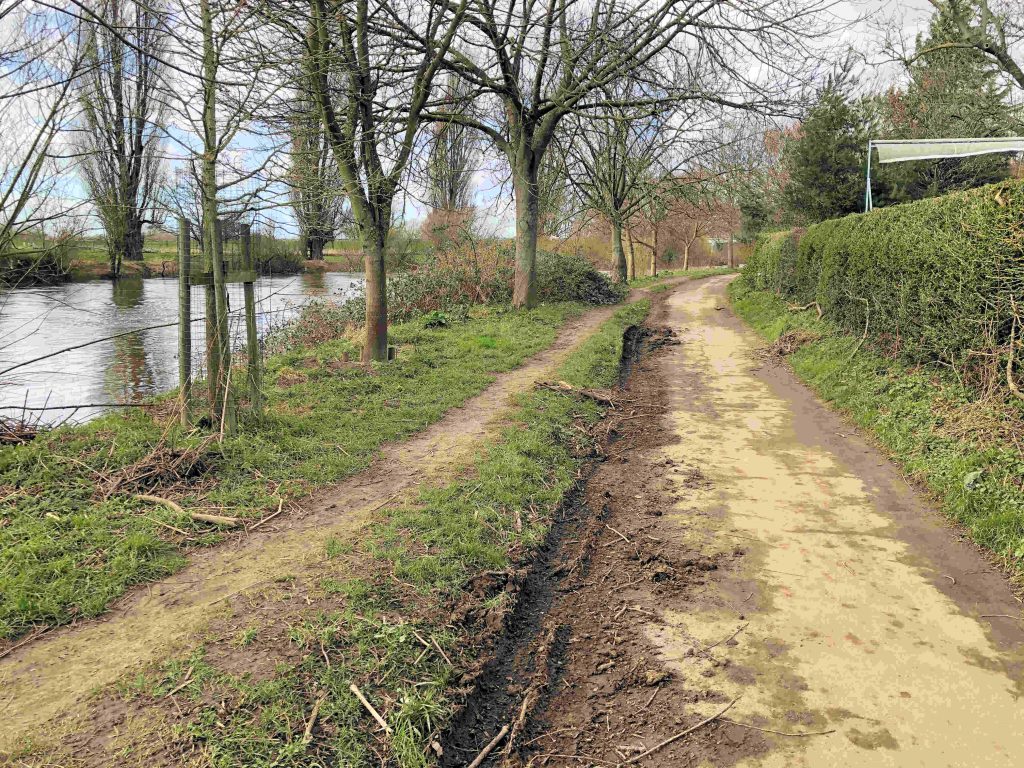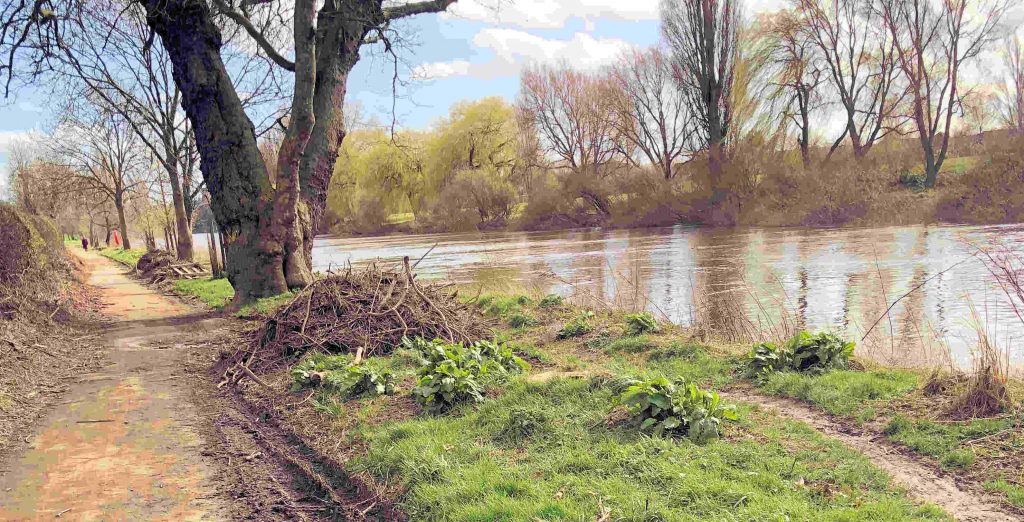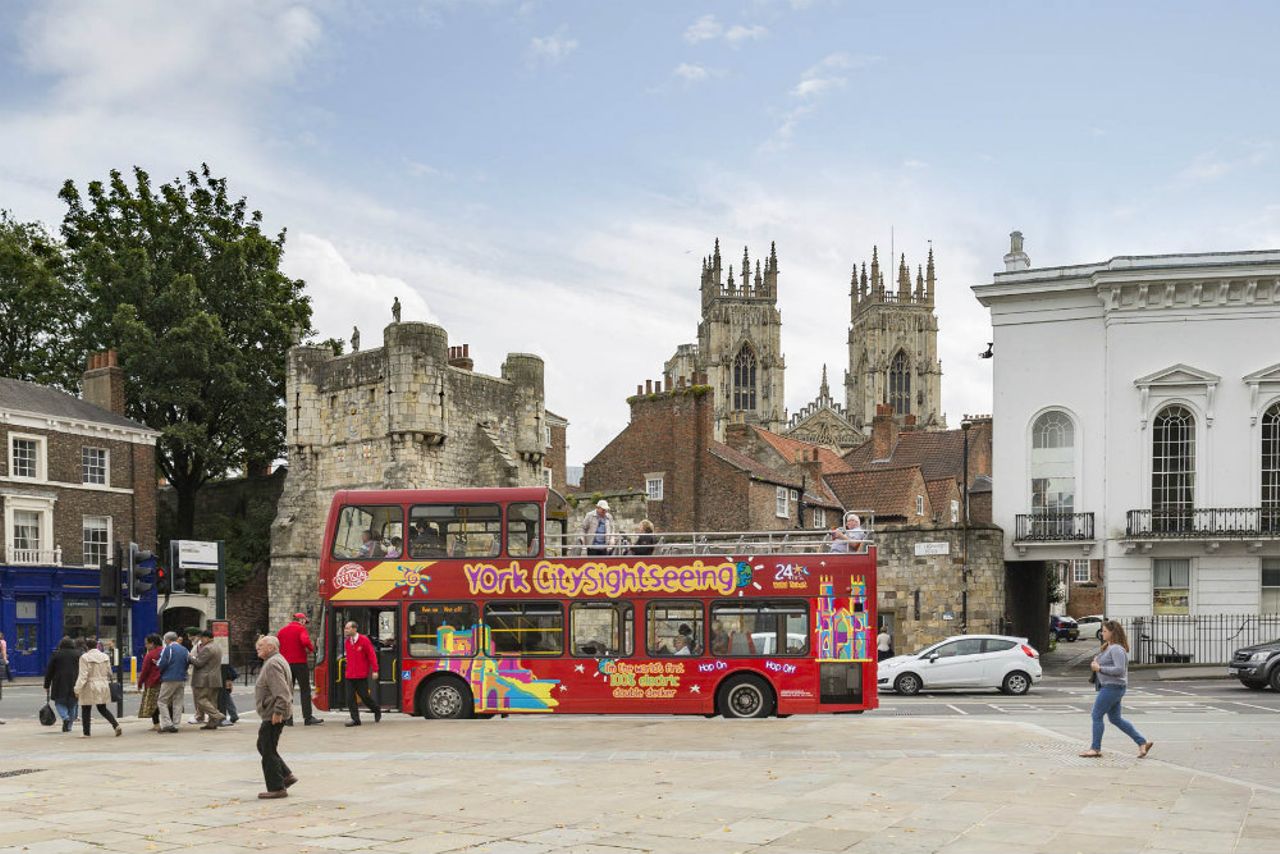A Council meeting which was to have taken place next week (now cancelled) would have considered the high costs of home to school transport. The council has a budget for this service of #2.78 million although the meeting would have heard that this is overspent by #525,000.
Free transport is provided for pupils who are attending their catchment school, and who live more than 2 miles (primary pupils) or 3 miles (secondary pupils) from home. Most of these pupils use dedicated bus services. Those in receipt of free school meals may also benefit from the use of a bus pass.
Special Educational Needs (SEN) children also get free transport. This includes those with an Education Health Care Plan. Many of these journeys are provided by taxis companies.
Although it remains unclear how many pupils will be continuing to attend their local school (the children of key workers certainly will), it is likely that some free taxi capacity will be available over the coming weeks.
Hopefully this capacity might be used to ease the burden of those restricted to their own homes as a result of the current corona virus threat.
The delivery of proscriptions and shopping are important services which might usefully be provided by taxi
NB. On a similar level, local supermarkets are now advertising for temporary staff to supplement their shelf stacking and home delivery teams. Possibly good news for some self employed workers who might need a short term job?

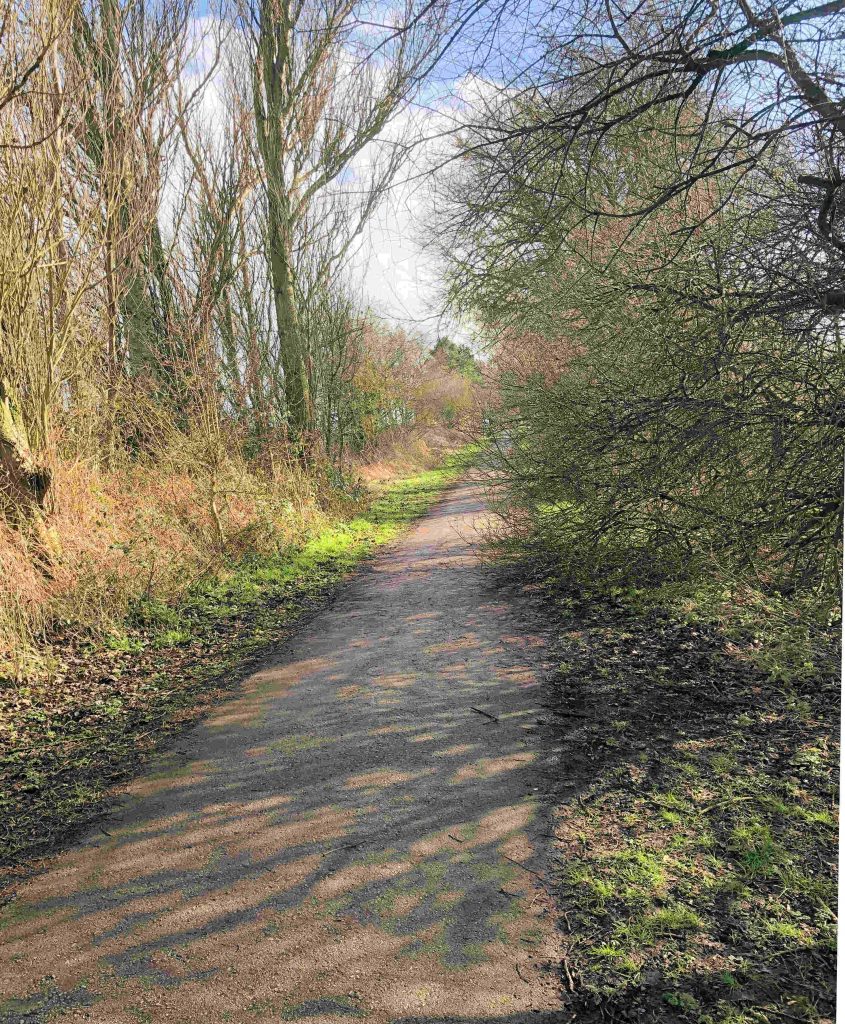
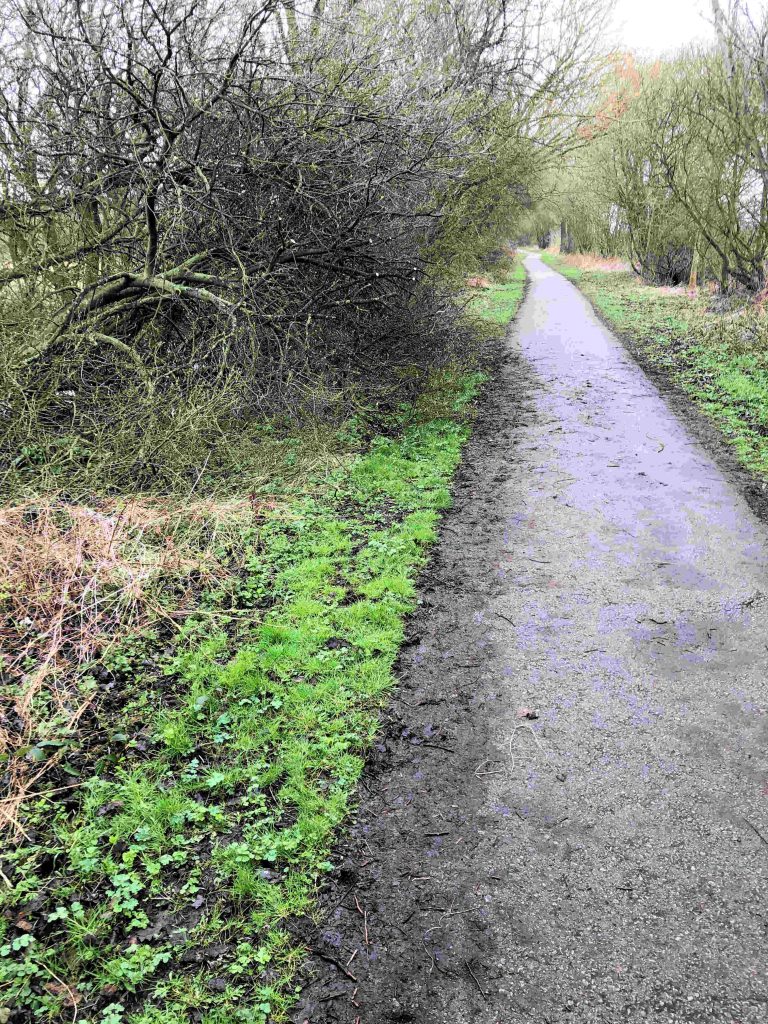
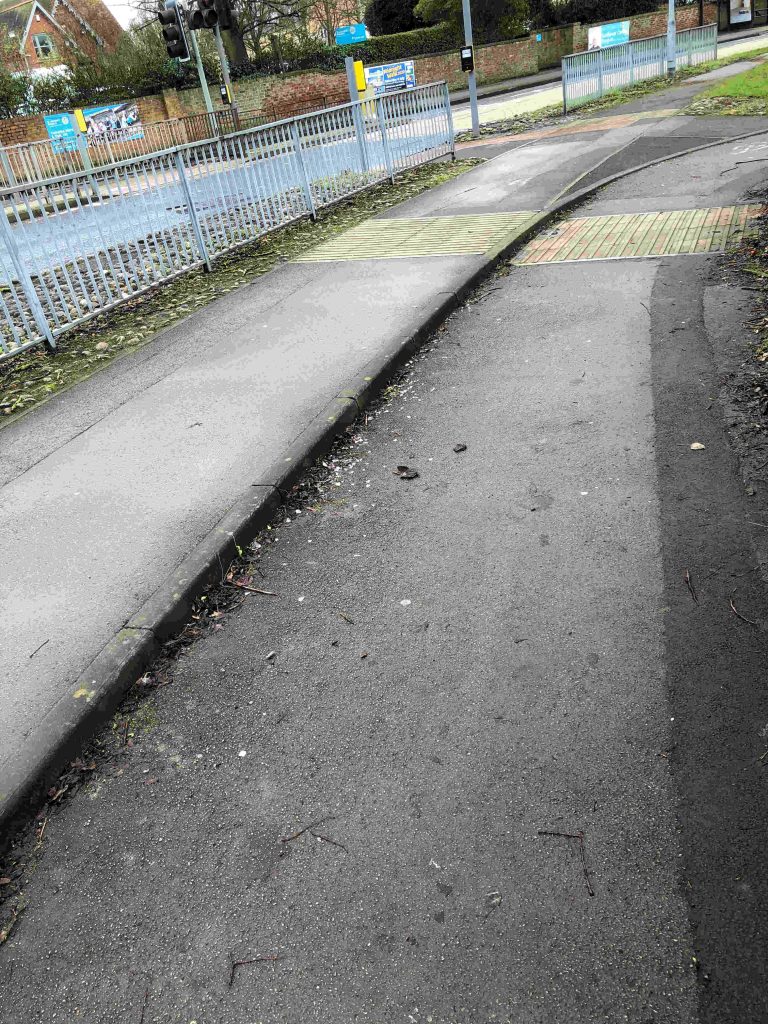
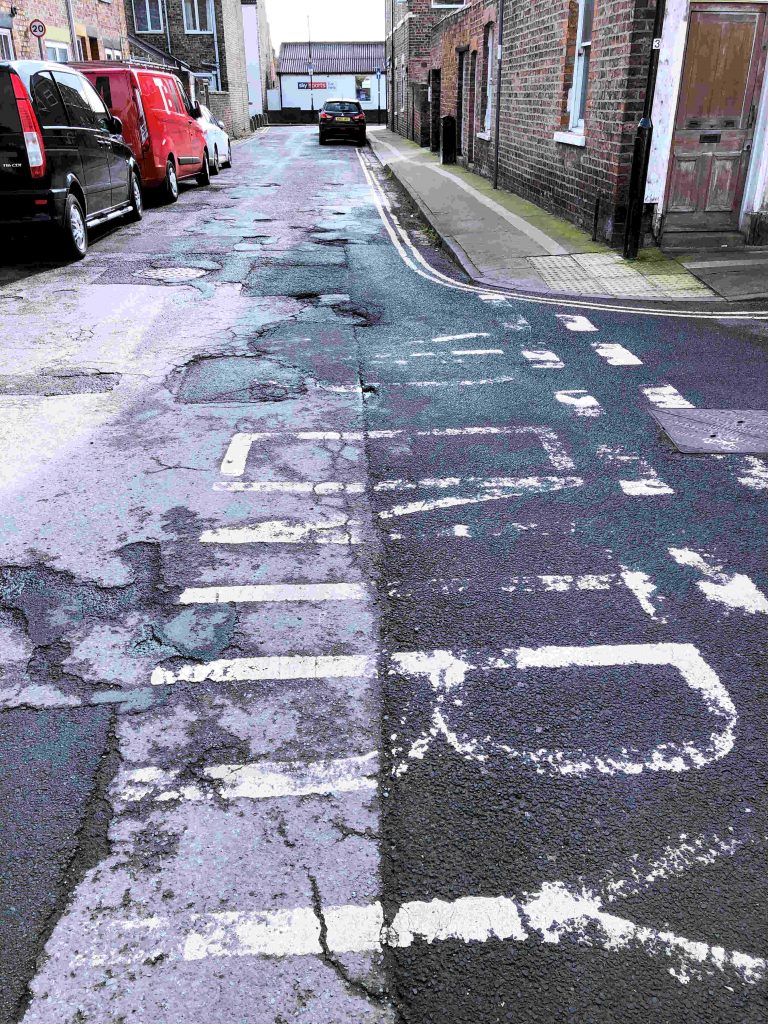
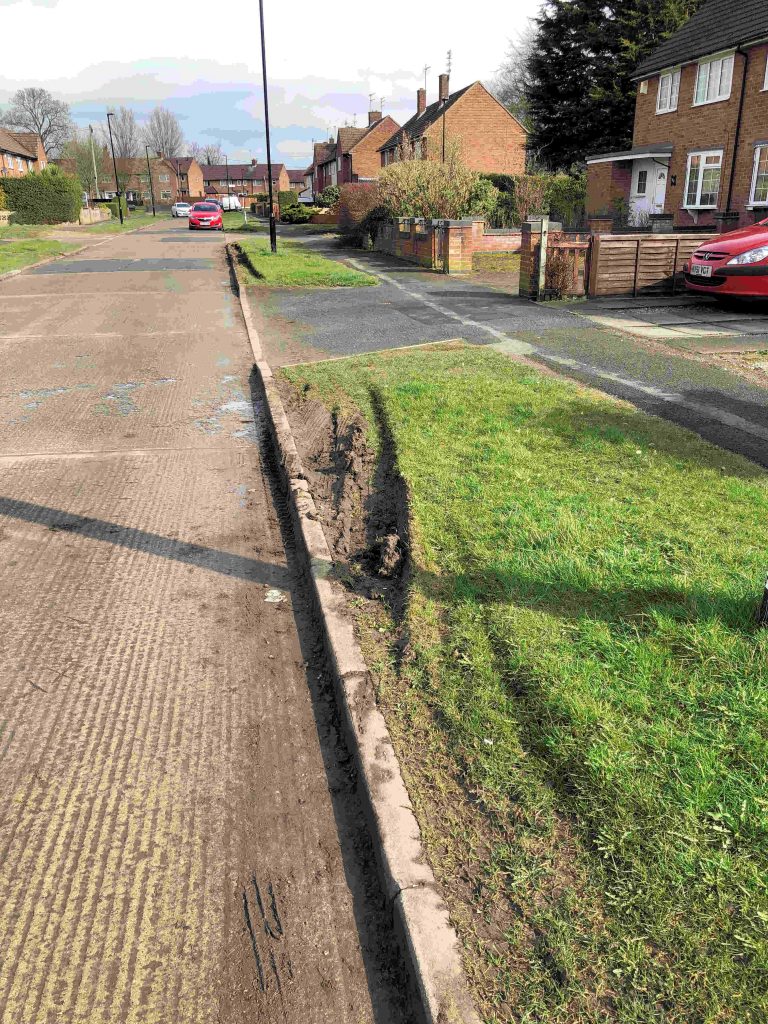
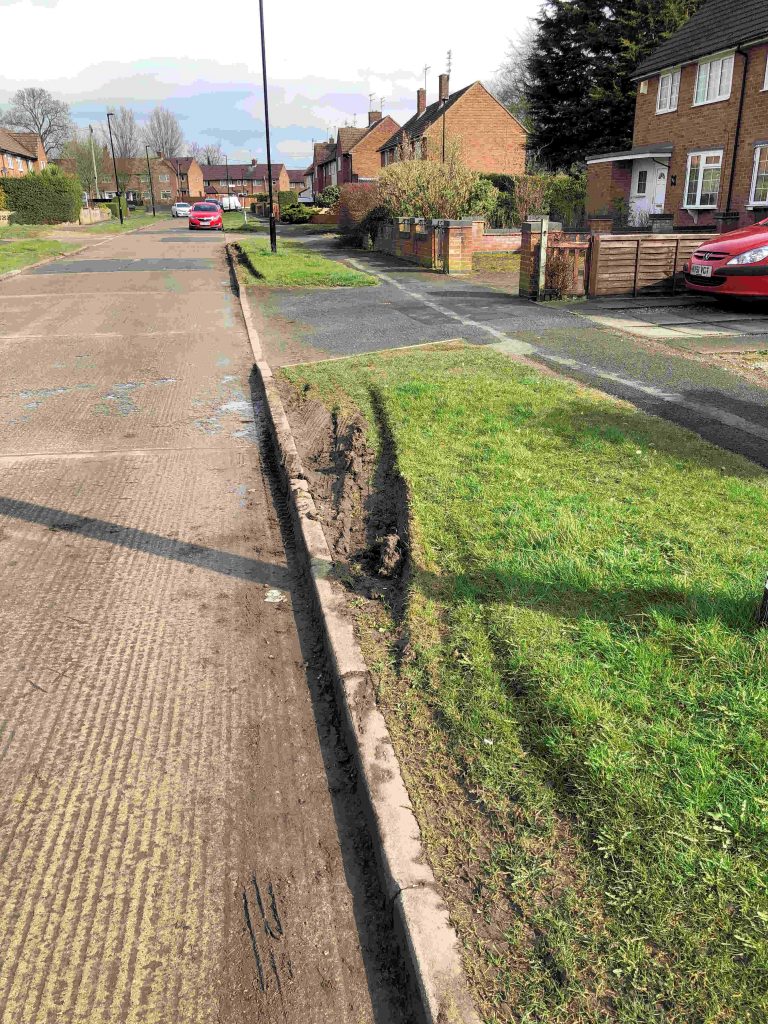
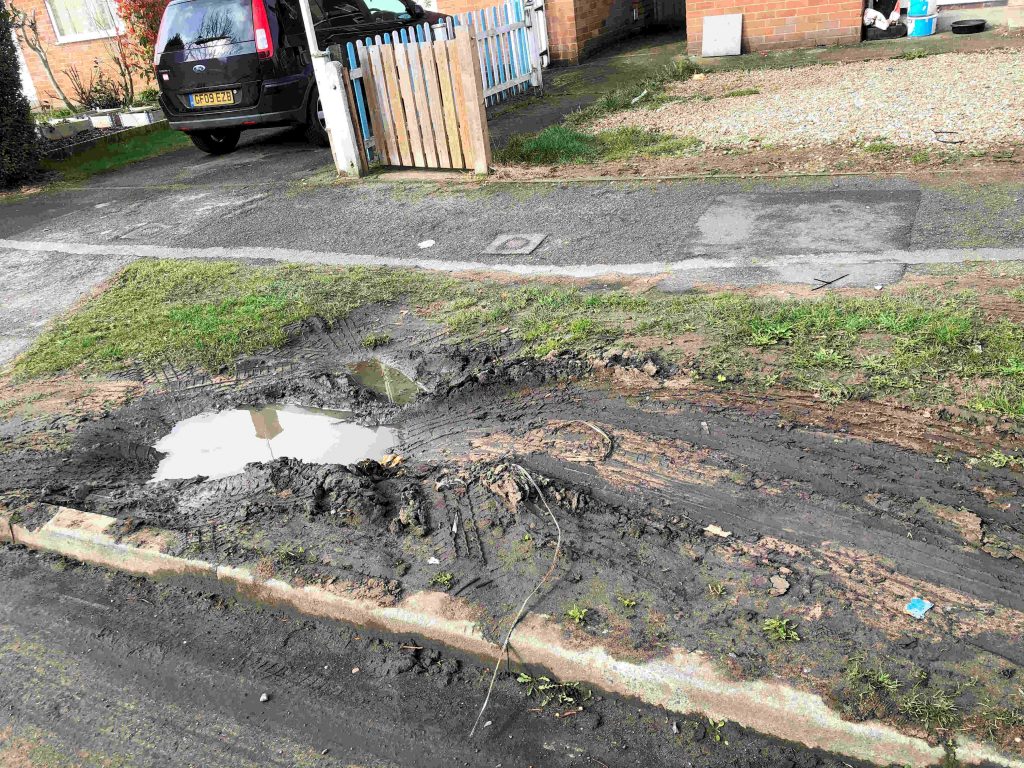
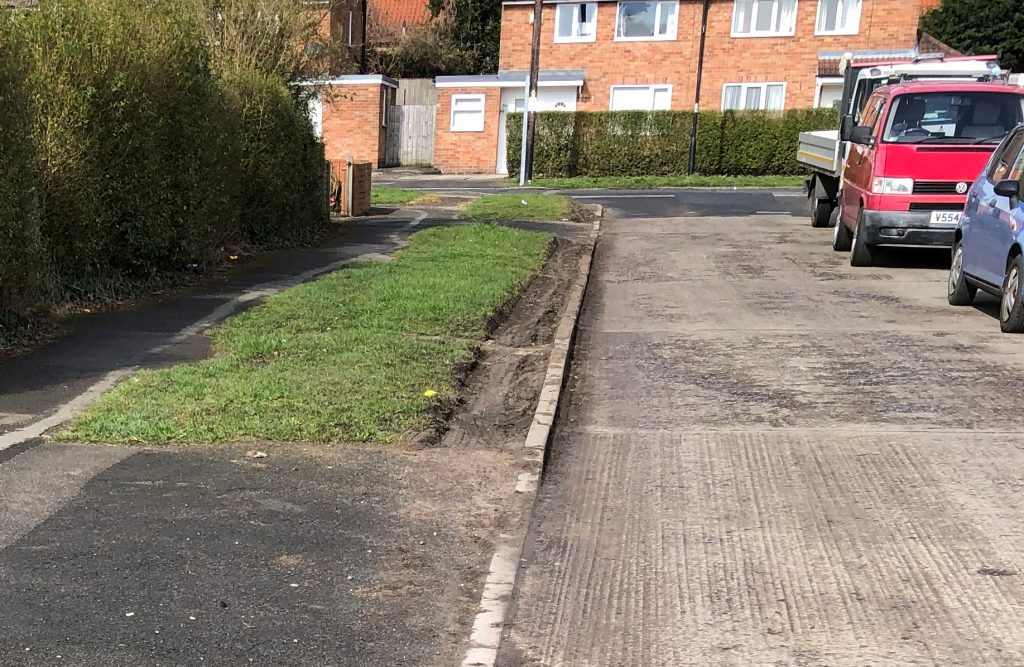

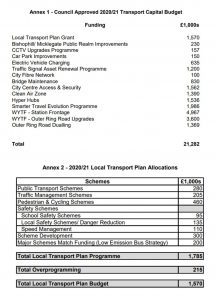 The Councils transport capital programme is being
The Councils transport capital programme is being 
